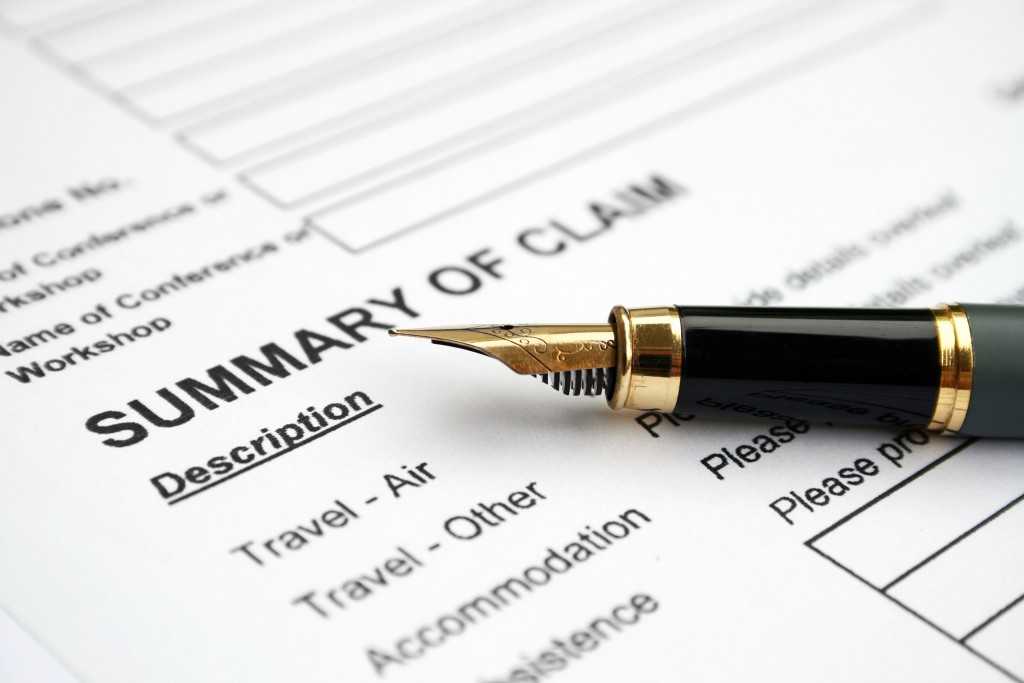 What if an insurance provider refuses to pay off a claim even if it’s in full compliance with a policy, or delays a claim processing? If you think that an insurance provider is not negotiating with you in good faith, what now? You could file a bad faith insurance claim.
What if an insurance provider refuses to pay off a claim even if it’s in full compliance with a policy, or delays a claim processing? If you think that an insurance provider is not negotiating with you in good faith, what now? You could file a bad faith insurance claim.
Understanding Your Rights
As your insurance policy is like a promise that you’re paying or have already paid to insurance providers to obtain insurance protection, your provider is legally responsible for providing that promised protection. This includes negotiating and settling insurance claims in good faith. Insurance providers of third parties likewise have a good faith responsibility towards relevant injured individuals, but this responsibility is significantly less than the responsibility your provider owes you.
Understanding the Term “Bad Faith”
A bad faith insurance claim occurs when a provider, through an adjuster, has deliberately hindered your chances of pursuing a claim or engaged in fraud or lies. This includes withholding evidence or meddling with witnesses. Conversely, your insurance provider’s adjuster isn’t negotiating with you in bad faith simply if your opinions differ regarding the worth of your insurance claim.
Bad faith could exist if your adjuster refused to provide justifiable reasons concerning a significantly low settlement price or has done and said something that might be an inappropriate settlement method. If you think your adjuster is acting in bad faith, drop the term while you’re negotiating with them. If you didn’t get an appropriate response, it’s better that you put the relevant incidents in writing. Bad faith insurance lawyer in Los Angeles noted to be specific as possible when writing down incidents that you believe to be bad faith negotiations.
If you managed to prove that your insurance adjuster acted in bad faith, they have to pay damages — and this is often significantly higher than your original compensation amount. The guidelines regarding what isn’t and what is bad faith differ from one state to another, and it’s tough to win in court if you don’t get help from experts. With this in mind, get legal aid to figure out the best move for you.


